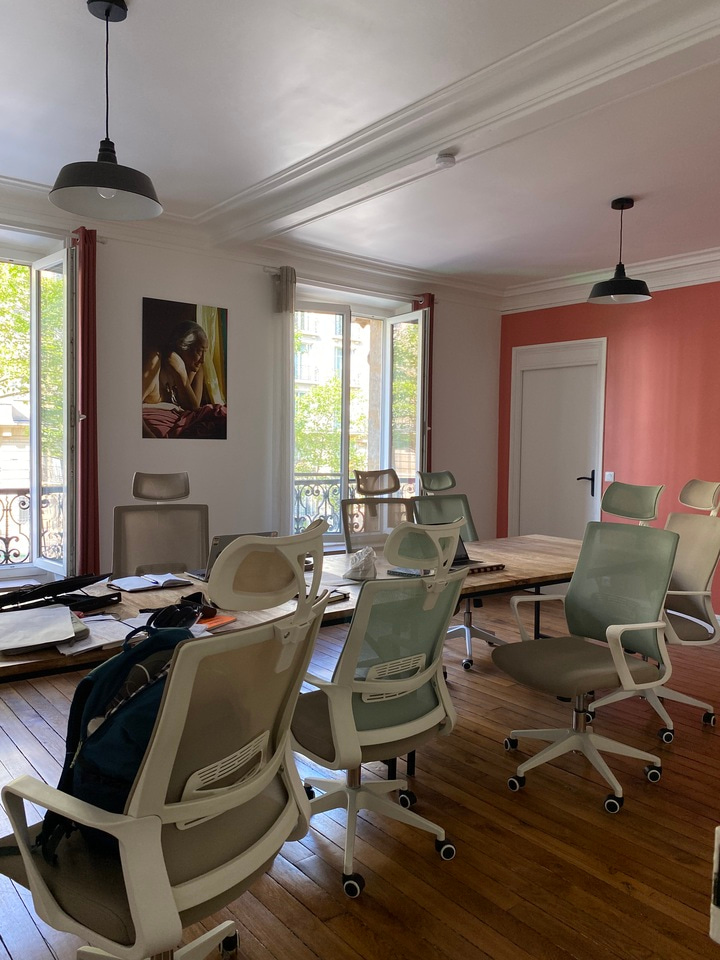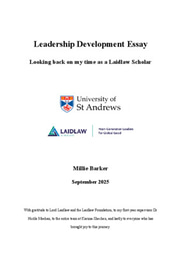LiA Week 4: An insight into Karuna-Shechen and my summer project

Karuna-Shechen works with disadvantaged populations in Tibet, in Nepal (in the Northern region of the Ruby Valley and Southern region of Kapilvastu), and in India (in Darjeeling, Bihar, and Jharkhand). The foundation supports communities to alleviate themselves from poverty through a holistic model that places their involvement at its centre - empowering communities to be equal partners, acting for their own change. They recognise the value of local human resources and adapt their programmes to local realities. This is guided by the belief that every person deserves the dignity to make their own decisions and that they are best placed to do so. Thus, their work empowers the communities to be partners - engaged in decision making and participating financially and physically to create transparency and ownership, cultivating long-lasting change. Karuna meets people where they are, building a relationship of trust to identify priorities and implement solutions together.
Their intervention programmes are holistic, accounting for the interdependence of the causes of poverty. Working across five sectors of Health and Hygiene, Education, Food security, Economic development, and the Environment. Further, these programmes are tailored as long-term solutions with the intention of Karuna withdrawing after a period of five to seven years. In this way, Karuna acts through a pragmatic pathway, where priorities are identified in partnership and solutions are implemented together. With this model of intervention, Karuna cultivates long lasting change, writing a story not of one organisation but of a movement driven by thousands – donors, volunteers, partners and beneficiaries – united by a shared vision.
My work this summer was to write the annual edition of ‘Letters to Our Friends’ the philanthropy output that intends to share the remarkable work of Karuna with their existing donors and with potential new donors. Its exclusive content is designed to strengthen the philanthropic relations within the charity and thus provides great value in supporting the continued operation of Karuna. Each Letters edition is centred on a theme to offer a certain perspective and space for reflection. This edition was ‘Hope’.
I realised very early on in my project the difficulty of defining hope – given it’s a nuanced, philosophical, and personal concept. And I have therefore sought to understand hope and structure this Letters series from the perspective of those who make up Karuna, through conversations and the testimonies that they share. Much as Karuna creates a story for change through their community – I have approached this work from a perspective of collaboration and with the intent of making space for others to speak and share their story.





Please sign in
If you are a registered user on Laidlaw Scholars Network, please sign in